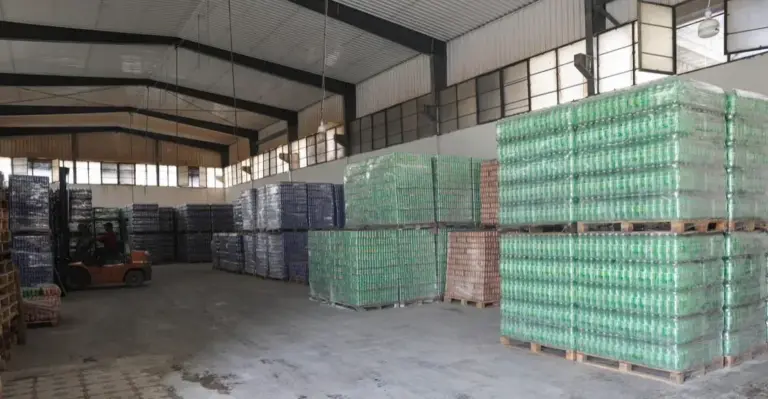2025-10-22T16:58:13+00:00
font
Enable Reading Mode
A-
A
A+
Shafaq News – Damascus
Syria is seeking to revive its trade sector and open new
markets under a gradual shift toward a free-market economy, though significant
obstacles still impede progress.
Mohammad Hallak, a member of the Damascus Chamber of
Commerce, on Wednesday told Shafaq News that international sanctions and steep
tariffs imposed on Syrian goods in several countries remain the biggest hurdles
to trade growth.
He stressed the need to rebuild trade partnerships and
restore balance between imports and exports, ensuring equal conditions for all
parties. Hallak also drew attention to the shortage of efficient shipping
options and urged the organization of national and international trade fairs.
The chamber official called for reactivating commercial
consulates to identify promising markets and facilitate access for Syrian
manufacturers and traders. He appealed for direct government backing to help
companies participate in global exhibitions, noting that booth costs can exceed
$100,000—an expense that prevents many Syrian businesses from promoting their
products abroad.
Regarding trade volumes, Hallak noted the absence of
accurate statistics due to widespread smuggling, particularly of olive oil into
Turkiye. He estimated unofficial trade with Turkiye at over $4 billion
annually, saying that large quantities of goods enter Syrian markets illegally.
He called for stronger statistical systems and anti-smuggling efforts to
improve official trade data, tax revenues, and job creation.
Trade with Iraq, Jordan, and Lebanon remains limited,
according to Hallak. He said Jordanian products continue to enter Syria in
large quantities, while Syrian exports to Iraq have declined due to weak
competitiveness. In Lebanon, consumption is low, and most Syrian goods reach
the market through smuggling, which he said underscores the need to reactivate
old trade agreements.
Despite the challenges, Hallak affirmed that Syria’s private
sector retains the capacity to produce and compete but requires legislative
stability and a clear legal framework to attract investment. He also emphasized
upgrading transport fleets and improving border infrastructure to facilitate
the movement of goods, noting that mutual trust among all partners is essential
for fair competition.
He further proposed the creation of a specialized government
body to oversee international trade cooperation and a unified roadmap for
consulates and embassies.
Syria’s trade activity has significantly declined in recent
years due to sanctions and prolonged economic hardship, sharply reducing its
export reach and overall market presence.
Images are for reference only.Images and contents gathered automatic from google or 3rd party sources.All rights on the images and contents are with their legal original owners.
